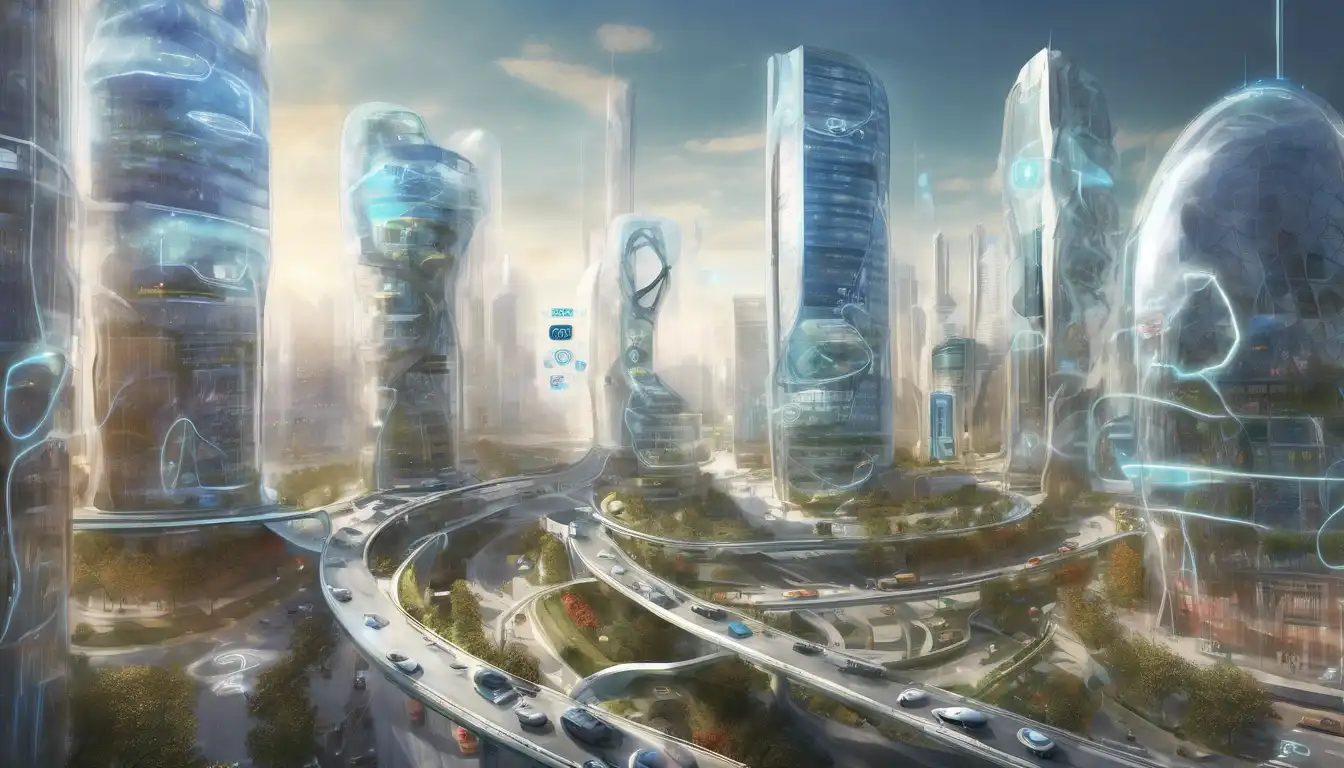The Role of IoT in Shaping Smart Cities
The Internet of Things (IoT) is revolutionizing the way we live, work, and interact with our urban environments. By connecting devices, sensors, and systems across cities, IoT is laying the foundation for smarter, more efficient, and sustainable urban living. This article delves into the transformative potential of IoT in smart cities, highlighting key applications, benefits, and challenges.
Key Applications of IoT in Smart Cities
From traffic management to energy conservation, IoT technologies are being deployed across various sectors to enhance urban life. Below are some of the most impactful applications:
- Smart Traffic Management: IoT-enabled sensors and cameras can monitor traffic flow in real-time, reducing congestion and improving road safety.
- Energy Efficiency: Smart grids and IoT devices help in optimizing energy use, significantly lowering carbon footprints.
- Waste Management: Sensors in waste bins can signal when they are full, streamlining collection routes and schedules.
- Public Safety: IoT devices enhance surveillance and emergency response systems, making cities safer for residents.
Benefits of IoT in Urban Development
The integration of IoT into urban infrastructure offers numerous advantages, including:
- Enhanced efficiency in city operations and services.
- Improved quality of life for citizens through smarter solutions.
- Reduced environmental impact by optimizing resource use.
- Increased economic opportunities by fostering innovation and technology sectors.
Challenges and Considerations
Despite its potential, the widespread adoption of IoT in smart cities faces several hurdles:
- Privacy and Security: The collection and analysis of vast amounts of data raise concerns over privacy and data security.
- Infrastructure Costs: The initial investment for IoT infrastructure can be significant, posing a challenge for some cities.
- Interoperability: Ensuring different IoT systems and devices can work together seamlessly is crucial for success.
Looking Ahead: The Future of IoT in Smart Cities
As technology continues to evolve, the potential for IoT in smart cities is boundless. Future advancements may include more autonomous systems, deeper AI integration, and even greater connectivity. The key to unlocking this potential lies in addressing current challenges, fostering collaboration among stakeholders, and prioritizing the needs and privacy of citizens.
For more insights into how technology is transforming urban landscapes, explore our articles on urban development and sustainable cities.
